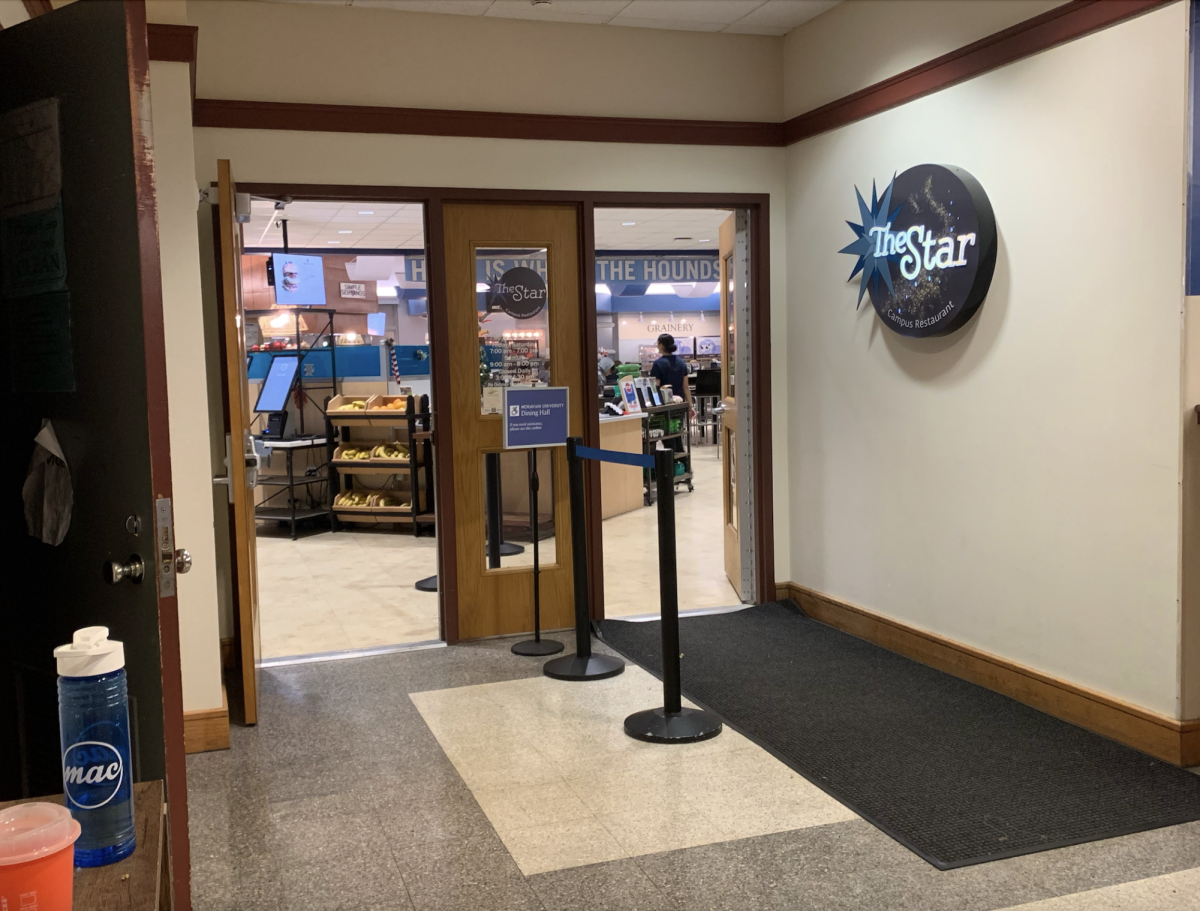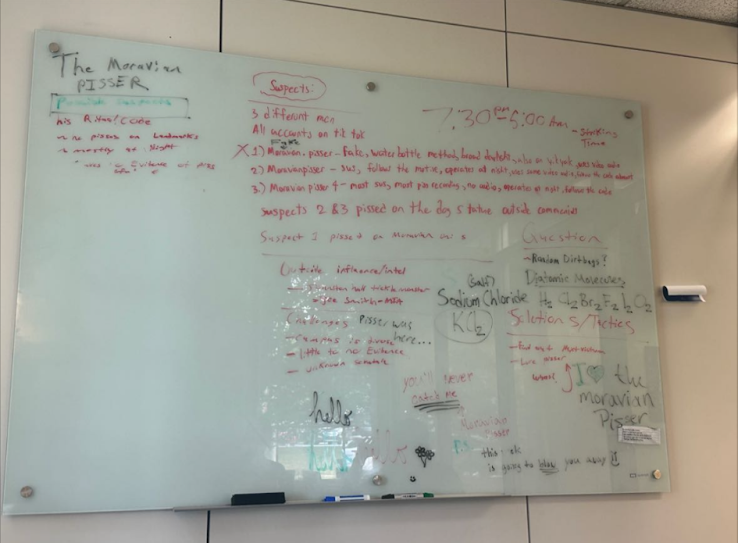As the grip of climate change tightens across the globe, discourse on sustainability has become increasingly prevalent, especially in Moravian’s community. As such, Moravian University’s Dining Department has taken large strides to reduce Moravian’s carbon footprint as much as possible.
At a recent meeting for the newly established Student Culinary Council, the Dining Department highlighted all the past steps they have made to help with sustainable practices, along with future plans to encourage the student body to be more eco-friendly.
By no means is sustainability a new initiative, as Dining has been taking these steps and initiatives for years.
In 2015, Moravian was recognized by the Princeton Review as being one of the 353 most environmentally responsible colleges in the U.S. Moravian is still recognized on this list, which has now expanded to 522 schools. In their 2024 edition, Princeton lists Lehigh University as 29th in the country.
According to the website for Dining, 25% of the budget for the department goes towards purchasing organic and locally-sourced food and ingredients. They have a partnership with Common Market, a Philidelphia- based non-profit food distributor.
The majority of produce such as tomatoes, lettuce, apples, and corn are locally sourced. Much of the meat is acquired from Happy Valley Meat, a small farm in State College, PA. Along with this, tofu is purchased from Fresh Tofu Inc. in Allentown.
Purchasing food from national distributors is only used as a last resort, such as when a fruit is out of season or there is a shortage locally.
Around 25-30% of global emissions come from food production, so Dining is dedicated to reducing Moravian’s contribution to that percentage as much as possible. By getting locally sourced food, Dining says it helps reduce Moravian’s carbon footprint because the transportation of the food is minimized by the shorter travel distance.
It’s important to note, however, that only 5% of food-based emissions are a result of transportation, according to Forbes. The vast majority of food emissions are made through the production of food and ingredients.
To account for this, Dining is also making advances for more plant-based meal options for all dining locations. This has been a particular struggle as dining asserts that students are not as willing to try new plant-based options over what is familiar to them.
Regardless, Dining would like to find ways to accommodate all students while also reducing the stigma associated with plant-based food alternatives and getting students thinking about how their eating habits affect the environment. As many students may know, every semester Dining has a Weigh the Waste event at The Star, where they weigh the amount of food that is thrown away. At the most recent event on Oct. 25, they found that over 100 pounds of food and 115 pounds of paper and plastic waste were thrown away during a single lunch period from 11 a.m. to 3 p.m.
In 2020, Dining also installed the LeanPath food waste tracking system which weighs food waste and tracks which foods are being over-prepared. This system helps to manage how much food to prepare for a given meal and plan out serving sizes. Because of this tracking system, over 40% of food waste has been reduced since its installation, and Dining hopes to increase this, as time goes on. Furthermore, numerous practices have been implemented to help reduce the impact of this waste.
For example, a cooking oil management system from Restaurant Technologies Inc. which recycles used cooking oil to be turned into biofuel and animal feed. This also reduces labor and safety concerns with cleaning the oil tanks. This is used in The Star, B&G, Clewell, and The Hungry Hound Express.
When The Star was renovated in 2018, a food pulper was installed that grinds and compresses food waste and extracts and recycles the water from food that’s scraped off plates. This has helped to shrink food waste by a considerable amount.
Dining also works with Facilities to compost pre-consumer and some post-consumer food waste, which is used to make mulch that is used around campus.
In the future, Dining is looking to increase the use of reusable Green-to-Go containers and make them more accessible to students. They were used extensively in the early days of the pandemic but were deemphasized because of how many were thrown away or went to waste.
Dining is currently looking into having machines across campus for students to put the containers in so they don’t have to bring them back to the dining halls for them to get cleaned.
“Sustainability is an important tenet of Sodexo’s Corporate Responsibility Policy,” said Dining Marketing Manager Christine Bell. “Moravian University Dining strives to make Sustainability part of our daily operations by sourcing as locally as possible, supporting women and minority-owned small businesses, hiring a diverse local staff, and participating in various programs to reduce as well as divert food waste from the landfill. For more detailed information, visit the Sustainability page on our Dining website.”








